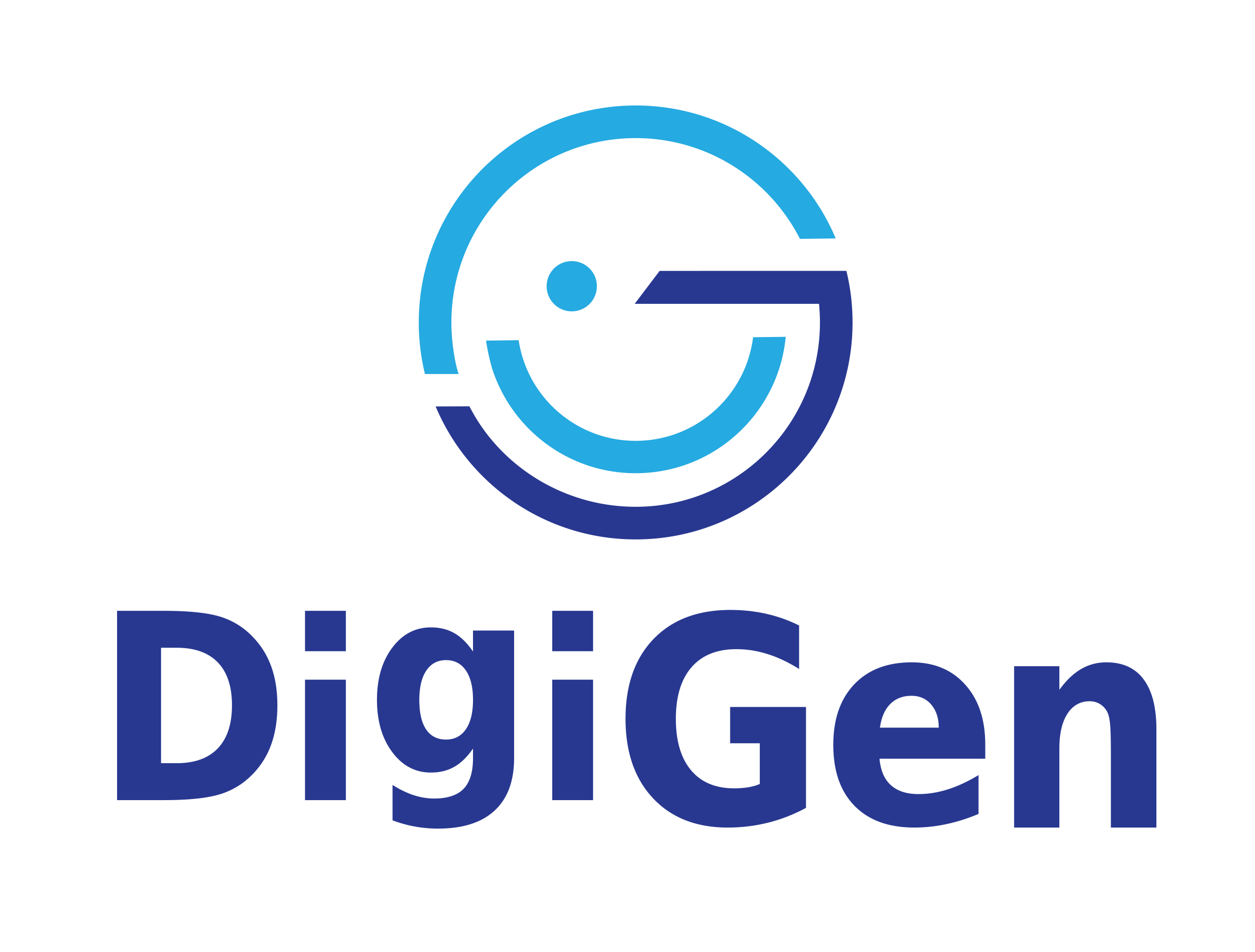The DigiGen project focuses on ‘the digital generation’ but who are they? This concept is explored and challenged through the new chapter “The Digital Generation: Representations of a generational digital divide” by DigiGen researchers Idunn Seland and Christer Hyggen.
The chapter assesses how mass media portrays children and young people’s ICT use and how this discourse differs from young people’s views. This is achieved through an analysis of over 1100 Norwegian newspaper articles and survey data from Norwegian youth aged 13-18 years old.
On one hand, the media celebrates children and young people’s digital competence and ability to self-mediate risks faced in the digital environment. On the other hand, the mass media express fear that young people’s ICT can be dangerous and harmful, both for youth and society as a whole. Here, admiration clashes with instant calls for increased digital competence among youth, their parents and their teachers. The authors argue that this is coherent with the sociological concept of ‘moral panic’, which encompasses society’s continuous fear of youth culture known from previous generations’ pushing of boundaries of what’s appropriate to wear, do, and believe.
Adults and children alike have experienced the advent of smartphones, the internet, and social media. However, young people have grown up with a sense of digital agency which older generations did not. Children and young people are primed to navigate the expanse of the digital environment and make informed choices on potential risks and dangers. Compared to their parents’ world where the state was heavily responsible for media regulation, the responsibility of taking care of risks has become more individualised. This chapter presents that this particular experience is what defines the digital generation. Now, families and teachers take on the role of facilitating children’s rights in the digital environment, often without full competency and confidence to do so.
Acknowledging this ‘digital generational divide’ is presented as a key to understanding and providing the guidance needed for families and teachers to protect and empower this digital generation.
The chapter is now available to read in open access form and can be accessed here.
The complete book “Generational Tensions and Solidarity within Advanced Welfare States” edited by Asgeir Falch-Eriksen, Marianne Takle, and Britt Slagsvold is available here.

